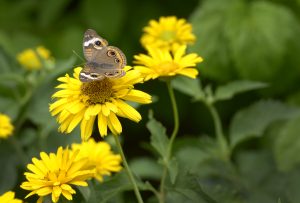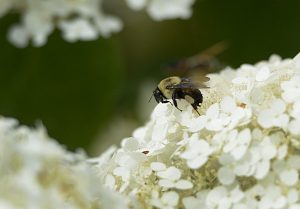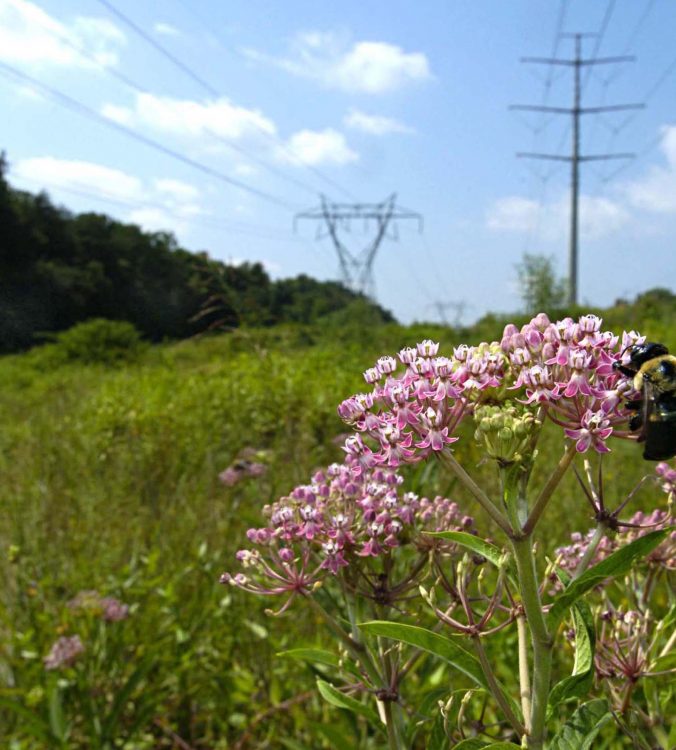This week we’re celebrating Pollinator Week, an international effort from June 20 through 26, to raise awareness about the urgent need to address declining pollinator populations and promote their valuable contributions to the ecosystem.
Did you know, bees, butterflies, birds, and more than 200,000 other pollinator species are responsible for one out of every three bites of food you eat and $20 billion worth of products annually in the United States? But pollinators face a growing threat of habitat loss as native vegetation is replaced by roadways, monoculture, and non-native plants, and their well-being is further threatened by humans’ overuse of pesticides and by climate change.

As owners and managers of thousands of acres of land across our service area, supporting pollinator habitats and biodiversity is an integral part of our operations. We’re transforming our transmission rights-of-way throughout Delaware and Maryland into a more welcoming place for pollinators to live.
We currently manage 2,826 acres of rights-of-way using Integrated Vegetation Management (IVM) to improve wildlife habitats and have a goal to increase that number to 3,334 acres by 2028. IVM also encourages the growth of compatible low growing native shrubs and grass, lowers our carbon footprint because it requires less mowing, and improves water quality within local waterways.
“We have a responsibility to protect wildlife, including pollinators,” said Sam Williams, Pepco Holdings vice president, Support Service, which includes Delmarva Power. “Strategies to protect these habitats as part of the energy work we do are a key opportunity for us to improve the environment we all share.”
Anyone can play a role in enhancing habitats and biodiversity. Here are a few ways that you can help promote pollinators:
- Watch for pollinators and get connected with nature. Take a walk, experience the landscape and look for pollinators.
- Reduce your impact. Reduce or eliminate your pesticide use and increase green spaces. Pollution and climate change affect pollinators too.
- Plant for pollinators. Create pollinator-friendly habitats with native flowering plants that supply pollinators with nectar, pollen, and homes.
- Tell a friend. Inform your neighbors, schools, and community groups about the importance of pollinators and inspire them to take action, too.
- Don’t kill bees – just walk away. With so many factors working against their numbers, bee populations need all the help they can get. A couple of mating pairs in an area could make all the difference for a healthy bee population.

Pollinator Week is organized by Pollinator Partnership, the largest nonprofit organization in the world dedicated exclusively to the protection and promotion of pollinators and their ecosystems. For mor information, visit pollinator.org.


